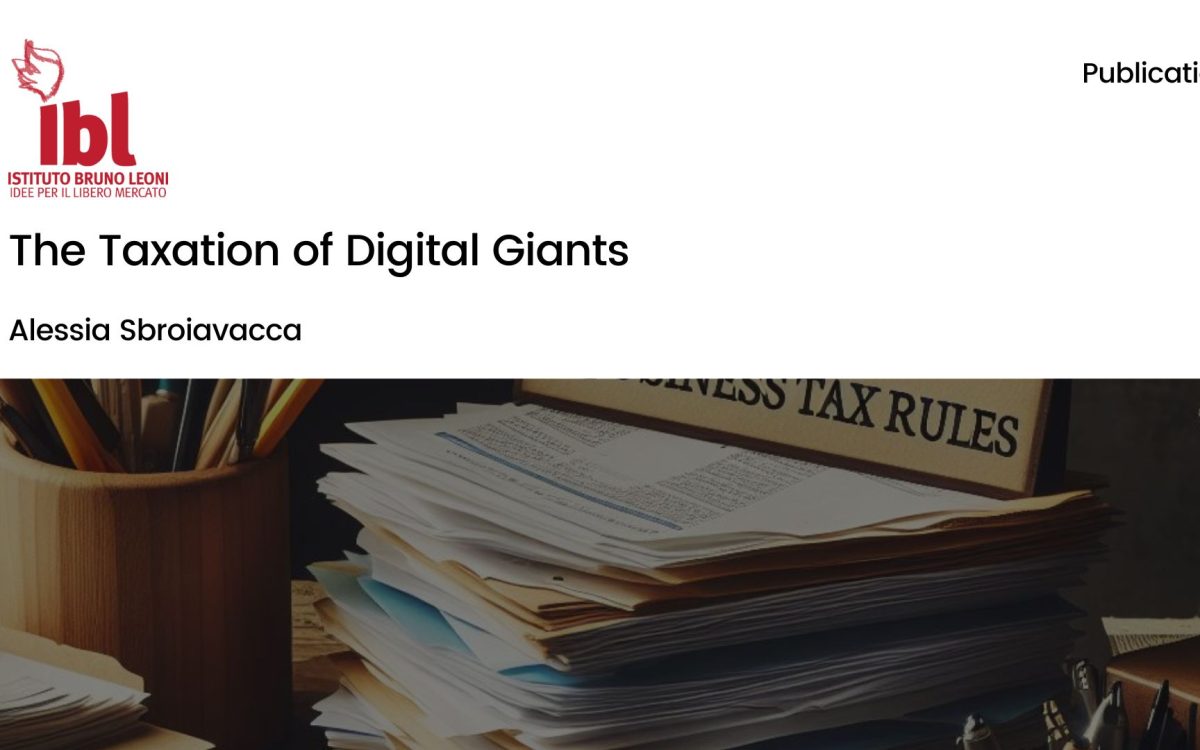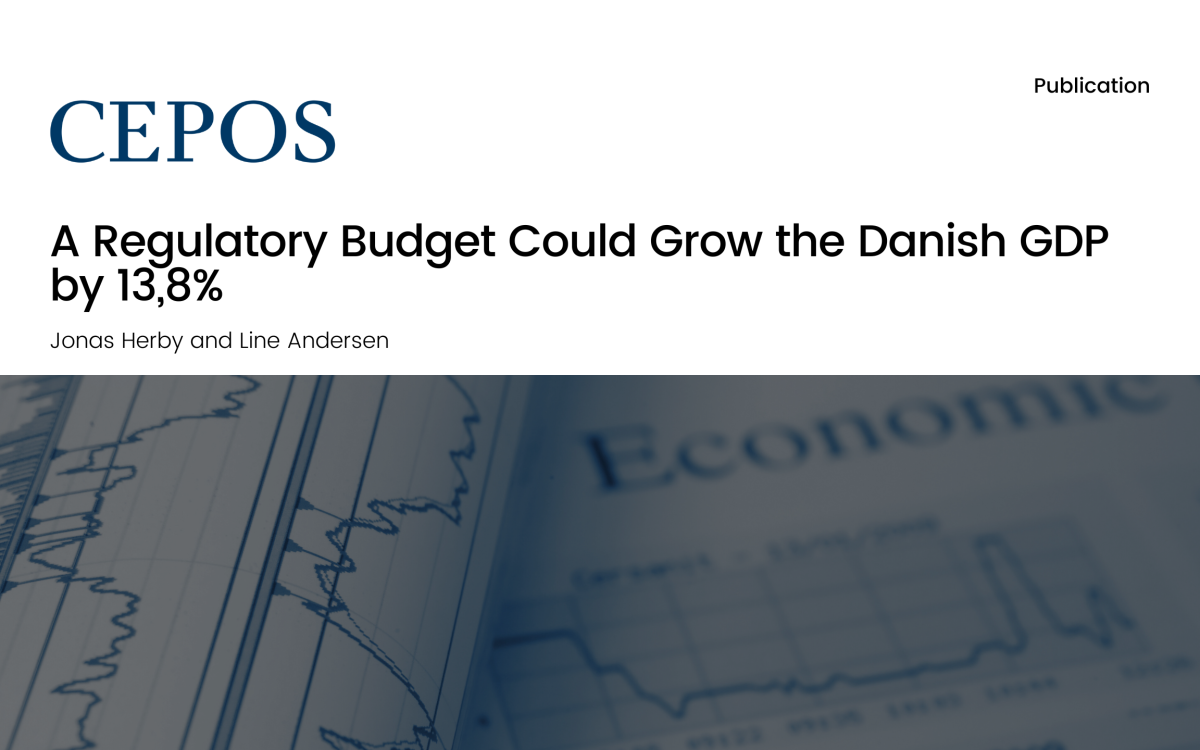Setting the Parameters for a New Tobacco Products Directive

Setting the Parameters for a New Tobacco Products Directive
1 June 2022
The European Commission is asking for feedback on its Tobacco Products Directive (TPD). The call for evidence closes on 17 June 2022 and is intended to ‘assess to what extent the framework has fulfilled its goals and whether it is able to support a “Tobacco-Free Generation” by 2040’. A new TPD is likely to be proposed and brought into law in the next few years.
Article 20 of the existing Directive already places unnecessary limits on nicotine strength, tank size, bottle size and advertising. There are fears that the EU will go even further and restrict or ban e-cigarette flavours (except ‘tobacco’ flavour) and introduce laws to restrict the sale of heated tobacco.
Nicotine regulation in the EU does not have to be a one-way ratchet, however. An evidence-based approach would see some restrictions in Article 20 relaxed, the ban on snus reversed and tobacco harm reduction embraced. The current approach is not working.
Readers can submit feedback to the European Commission here until 17 June 2022.
Download or share this publication
View the PDF
EPICENTER publications and contributions from our member think tanks are designed to promote the discussion of economic issues and the role of markets in solving economic and social problems. As with all EPICENTER publications, the views expressed here are those of the author and not EPICENTER or its member think tanks (which have no corporate view).



